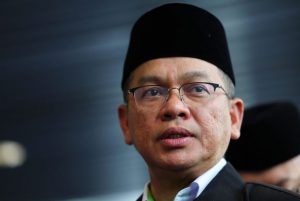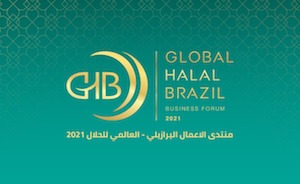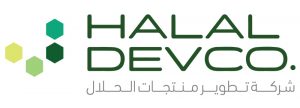FOOD producers and exporters are advised to
implement correct marketing strategies in order to capture a share of
the huge global halal trade estimated between $580 billion to $1.2
trillion.
This recommendation was given by Senen Perlada, director of the
Department of Trade and Industry’s (DTI) Bureau of Export Trade
Promotion, to participants of the recently held two-day National Halal
Convention 2008 in Manila.
“The Halal business is becoming more lucrative but at the same time
more complex and challenging,” he said. “In the case of major markets
which are the US, EU, Japan, China and Asean, one strategy is to
increase penetration and expand product range.”
Aside from these markets, he also encouraged the local food industry to exploit market niches.
“The Middle East is not the only market for halal. The global
market is a potential market for exporters as consumers now are more
conscious of nutritious and healthy foods,” Perlada said, citing India,
China and South Africa as other important halal markets.
Halal is an Arabic word that means lawful, permitted, or
acceptable. The word can refer to food, things (such as cosmetics,
personal care products, and food contact materials), manners or actions
allowed by God for mankind and enjoined upon by believers of Islam
(Muslims). As such, halal has evolved to be a quality standard.
To effectively capture the halal markets, Perlada said there is a
need for the industry to understand the Muslim consumers’ religious
needs and behavior, food purchase and consumption pattern to develop
and widen their halal market and product acceptability.
The Muslim consumers worldwide are estimated at 1.5 to 1.8 billion spread in over 100 countries.
“However, although the halal market is the largest market in the
world, Muslims still have a lot of difficulties in choosing halal
products for simple reason that they do not know whether what they are
consuming is halal or not. This indicates therefore the low supply of
halal products,” Perlada said.
He said marketing people must determine the peak consumption period
when they must prepare to be able to take full advantage of the market.
Perlada also cited the need to create awareness of Philippine halal products.
“Roughly 400 halal products from about local companies are already
available. We have to communicate this to our market,” he said.
Perlada added the government should implement the advocacy program
for the recently crafted Philippine National Standard for Halal to
promote the credibility of locally manufactured halal food and non-food
products in Islamic and overseas markets. (Press release)



